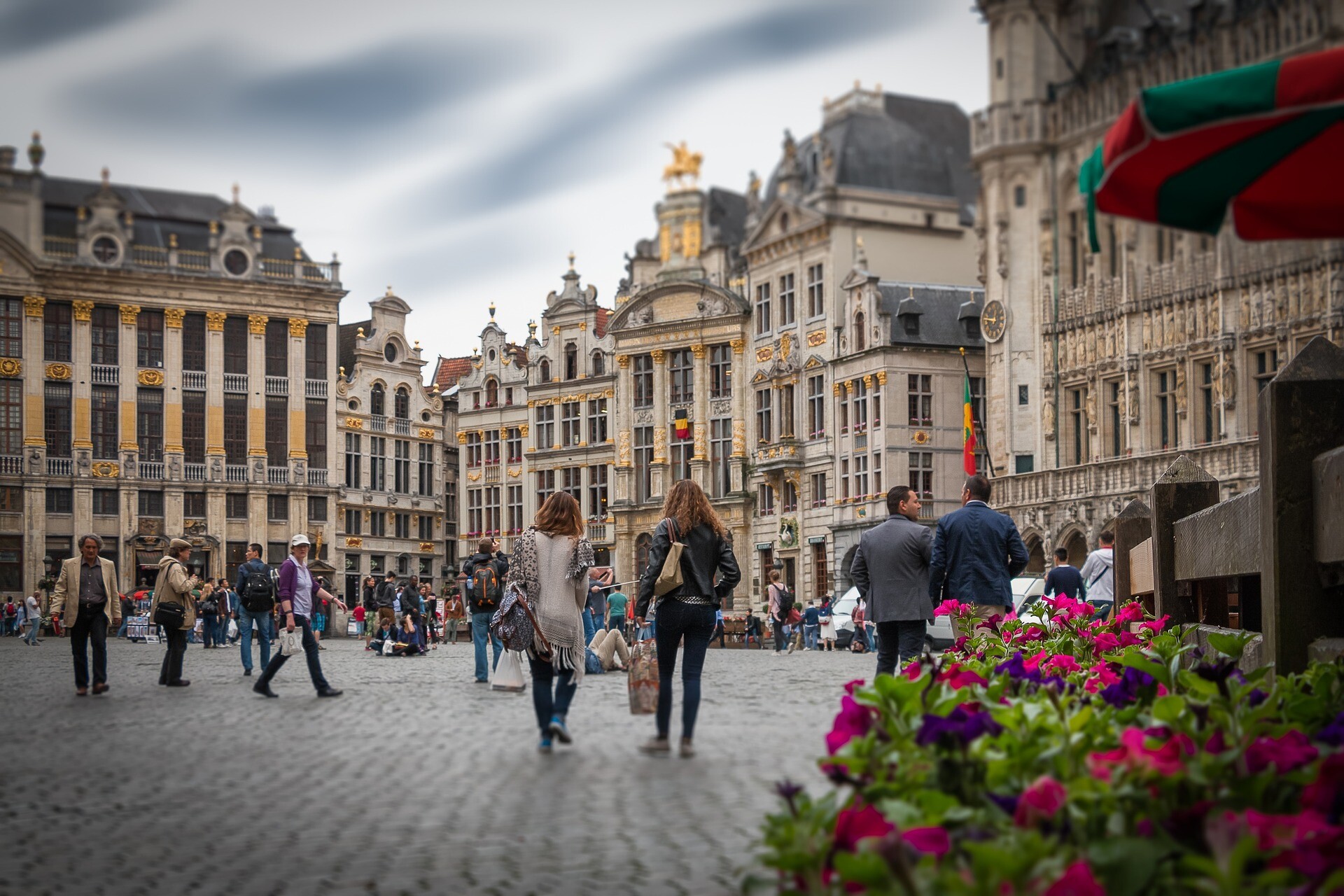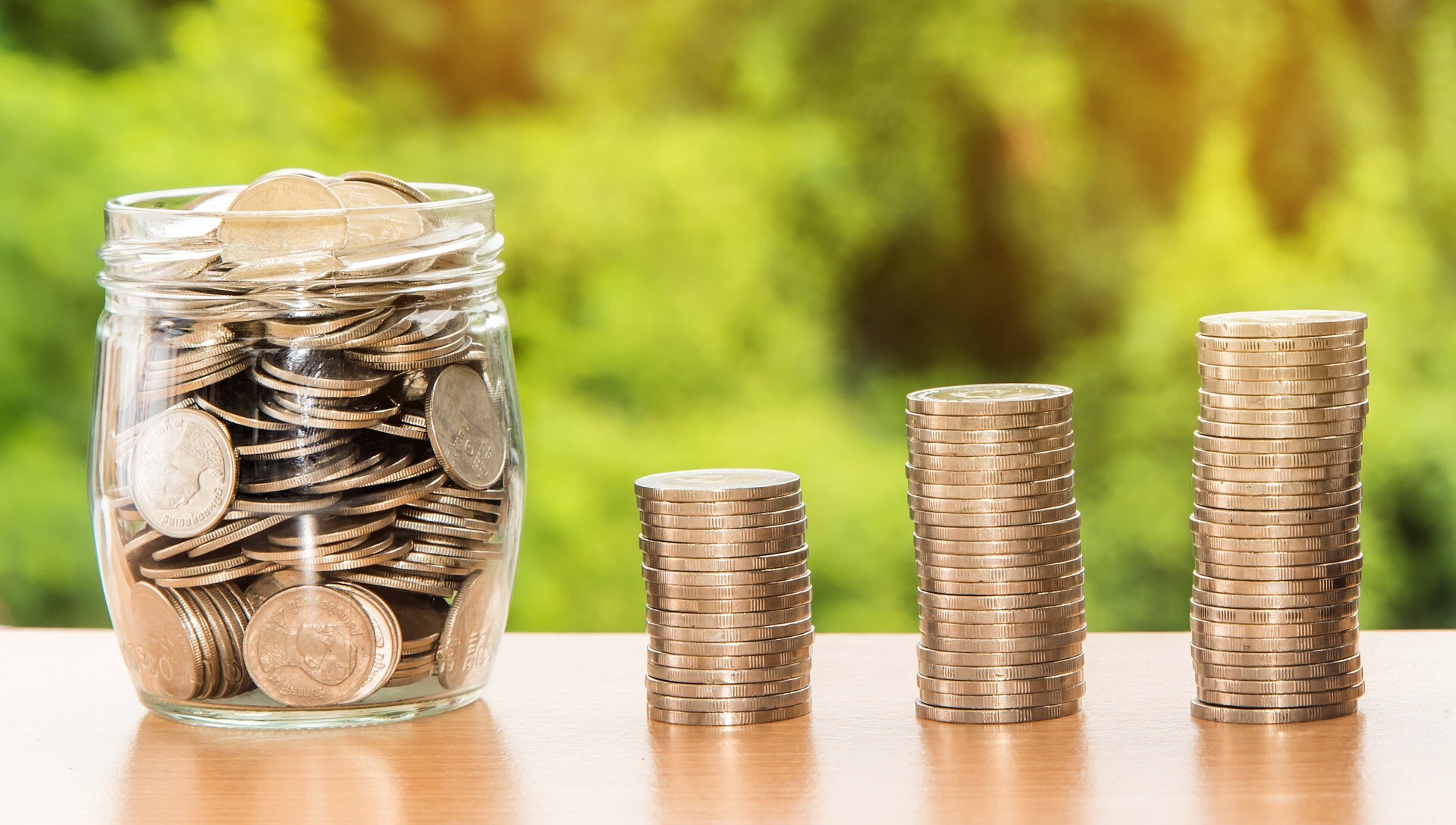Tips for studying abroad in Brussels – Study abroad in Brussels
- Tips for studying abroad in Brussels – Study abroad in Brussels
- How to get to Brussels – Getting to Brussels by plane, train, bus or car
- Public transport in Brussels – Getting around Brussels and Belgium
- Cost of living in Brussels
- Accommodation for students in Brussels - top tips and advice
- Save money in Brussels – tips for living on a student budget in Brussels
- Brussels neighborhoods – The most important districts of Brussels
- Nightlife in Brussels – A guide to nightclubs and going out in Brussels (Part 1)
- Nightlife in Brussels – A guide to nightclubs and going out in Brussels (Part 2)
- Where to eat in Brussels – Gastronomy in Brussels
- What to do in Brussels – The best things to do in Brussels
- Festivals in Brussels – Festivals and events in Brussels
- Day trips in Brussels – Places to visit and excursions around Brussels
- Brussels in 3 days – What to see in Brussels in 3 days
Salut! Brussels is notably known as the capital of Europe. So if you’re considering coming to Brussels, be prepared to find yourself at a crossroads of diversity; people here have many different backgrounds, whether from Europe or other continents on the planet. It is then a unique opportunity to come to Brussels and familiarize oneself with a European feel but not solely, as Brussels has its own folklore, history, gastronomy, culture as well as its own complexity. Not only is Brussels the center of Europe, it is also the center of a multicultural country, Belgium. Its cities are rather close to each other and France, the Netherlands, Germany and Luxembourg share borders with it, which will all further enable your discoveries of the territory.
If you’re dreading venturing outside of your comfort zone, know that Brussels is not a huge city, which can facilitate your imprint on its soil. With a 1.2 million-inhabitant population, Brussels hosts the biggest number of students of the country, therefore, you will be able to encounter numerous individuals going through the same joys and obstacles as you. To ease your possible apprehensions, let’s find out every single thing to contemplate preparing before leaving your home. Furthermore, you will be made aware of loads of information to have the greatest fun upon arrival.
Weather in Brussels

As unattractive as it might sound, Brussels is known among its locals as the rainy city. We even have our own Belgian French word to describe driving rain phases that often occur: “la drache”. Brussels has an oceanic climate with winds coming from the Atlantic Ocean. It doesn’t know any dry season, it may rain either in winter or summer, that’s why we famously complain about going through four seasons in the same day.
But don’t worry, we enjoy some great sunny and mild days in spring and summer during which you will definitely be able to idle out on a café’s terrace after class. If chance wills it, during winter you will be able to enjoy a snowball fight with your friends as well. The average temperatures oscillate between 3 and 18 degrees Celsius throughout the year. You should then pack some warm clothes, especially thick socks and a winter coat which will turn out to be very useful during the winter.
Language in Brussels
As previously hinted at, Belgium is a complex country where three official languages try to coexist: French, Dutch and German. Those three linguistic communities are spread on three regions, the Walloon Region, the Flemish Region and the Brussels-Capital Region. In Wallonia, French is spoken except for a minority of German-speaking people. In Flanders, Flemish is spoken, it is a dialectal variety of Dutch. And Brussels is officially bilingual, which means French and Dutch are spoken here. However, if you want to learn Dutch, Brussels might not be the best place to do so because French stands as the “lingua franca”, it is indeed spoken by a majority of its population. Although you should keep in mind that if you want to get hired for a student job, you would need to know some of Dutch’s basics as the language is required due to its official-language character in Brussels.

With regard to French, it is often thought of as a very difficult language and I won’t refute that statement, but it’s really written French that is hard to master as French spelling and grammar have its quirks. However, it can almost be assured that practicing oral French won’t be as difficult because most French spelling peculiarities aren’t even pronounced orally so be ready to give up English and become a French speaker. Even though the youth will be glad to speak to you in English if you don’t feel that comfortable, you may want to know that in most universities and schools, French is taught to allophones if you’re a beginner. It should be added that in Brussels, Belgian French is largely spoken but differences are only noticed on expressions and some words as well as on the numbers 70 and 90, therefore, intercomprehension between other French-speaking individuals is extremely high.
Essential Documents
Of course, you should not forget your passport to travel to Belgium. If you’re part of the European Union, you won’t need as much as your ID card to get in but if you’re coming from outside of Europe, be sure to check the visa requirements. Also, don’t forget to check with your doctor if you might need any vaccines before coming.
If you’re going abroad as an Erasmus student, then you must already know that a lot of paperwork has to be arranged such as the indispensable Learning Agreement. In it, you will have to mention the courses you will attend in your new university. It has to be signed by both universities and yourself. It’s like a contract.
Subscribing to a health insurance is also a crucial step because you never know what could happen and it’s better to not add to your pain any exorbitant bills that the hospital in which you were being treated might charge you. For Europeans, the European Health Insurance Card is available to you, ask your mutuality or health fund to issue one for you and be sure to do it in advance so that you’ll get it in time before leaving.
Money

So in Brussels, obviously, the currency is the euro. If you come from the eurozone, then, you already know the drill which is to just come with your euros in your pocket. However, if you come from other parts of Europe and the world, then you can check websites such as XE to look at real live current exchange rates.
Once in Brussels, you can definitely withdraw money from ATMs, whatever your home currency is. However, be careful to check if you may be charged with additional fees. Upon leave, make sure to have some cash in your pocket as you might always need some emergency money at the airport and on the way to your accommodation.
If you want to know how it is living in Brussels, why not reading this Erasmus Experience in Brussels by Maria?
- Return to Brussels City Guide 2021: the ultimate guide
- Continue to How to get to Brussels – Getting to Brussels by plane, train, bus or car
Photo gallery
Content available in other languages
Want to have your own Erasmus blog?
If you are experiencing living abroad, you're an avid traveller or want to promote the city where you live... create your own blog and share your adventures!
I want to create my Erasmus blog! →


















Comments (0 comments)